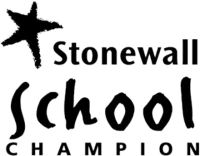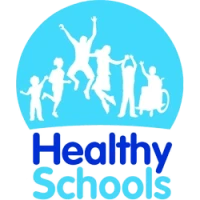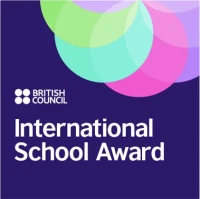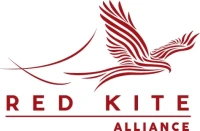Think Outside the Box
Think about different ways you could get work experience to set yourself apart. Below are some suggestions to help you gain work experience
Do some volunteering Volunteering can help you try new things, meet new people, build new skills and gain confidence. Volunteering opportunities for under 18's can be found here You could also have a look at the experiences available here
Get a part-time job
Go to face-to-face or virtual company events and open days
Help friends or family with a business
Set up your own small business enter competitions and skill challenges like World Skills
Go to work with a parent or guardian
Think about the different jobs people do at Rossett, and see if you could talk to them about their role (eg Catering, Human Resources, Finance, Maintenance, Teaching, Learning Support, Marketing and Communications, Careers, Administration)
Work shadowing provides a chance to watch someone doing a job for a day or a few days. You could do this to find out about a job role. If you already have a part-time job, you could use it to explore opportunities for personal development or a promotion. You could ask your manager if you could shadow someone in another department e.g. Finance, Marketing or Human Resources.
Some virtual work experience opportunities can be found at the follow:
Allied Heathcare Mentor (cost involved and prices start from £10 a day)
Barclays Life Skills
Barclays Life Skills with a 'digital transformation' agency
Brighton and Sussex Medical School
Future First - develop skills across various industries
Future Learn - exploring the vertinary profession
Forage
Investin (cost involved and prices start from £90)
Leonardo - Engineering
National Cyber Security Centre (CyberFirst)
Springpod
Premed Projects Live TV - cost involved
Speakers For Schools
The Lawyer Portal
Virtual Work Experience Services (cost involved)
Youth Employment UK








